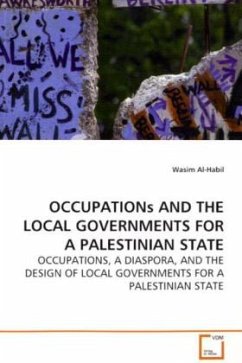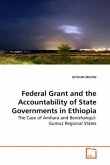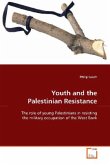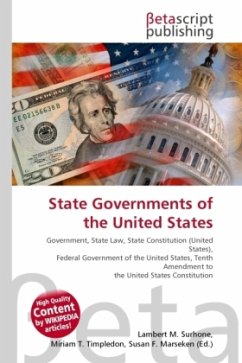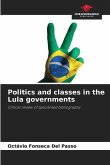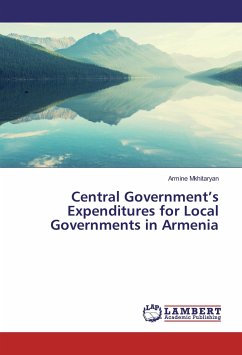The forces that shape administrative structures
include the goals and objectives of minority and
majority groups, modern management principles, and a
legacy or history in which domestic political
factions have gradually accepted rules and roles for
mutual tolerance and inclusion. However, this
process can be muted or redefined in societies where
centuries of occupation and dispersion short-
circuit maturation processes and introduce non-
indigenous systems externally imposed without any
level of popular acceptance or active citizenship
participation. This theoretical framework guides
this study and its effort to proscribe appropriate
local government institutions for Palestine.
Palestine in the modern era emerges from
centuries of externally imposed governance systems
used by the Ottoman Empire, the British government,
Egypt, Jordan, and Israel. In addition, many of
Palestine s leaders came to maturity as part of a
Diaspora in Western and Islamic countries. As a
result, the usual dichotomy between politics and
administration has never been applicable at any
point in Palestine s recent history including its
administrative systems.
include the goals and objectives of minority and
majority groups, modern management principles, and a
legacy or history in which domestic political
factions have gradually accepted rules and roles for
mutual tolerance and inclusion. However, this
process can be muted or redefined in societies where
centuries of occupation and dispersion short-
circuit maturation processes and introduce non-
indigenous systems externally imposed without any
level of popular acceptance or active citizenship
participation. This theoretical framework guides
this study and its effort to proscribe appropriate
local government institutions for Palestine.
Palestine in the modern era emerges from
centuries of externally imposed governance systems
used by the Ottoman Empire, the British government,
Egypt, Jordan, and Israel. In addition, many of
Palestine s leaders came to maturity as part of a
Diaspora in Western and Islamic countries. As a
result, the usual dichotomy between politics and
administration has never been applicable at any
point in Palestine s recent history including its
administrative systems.

